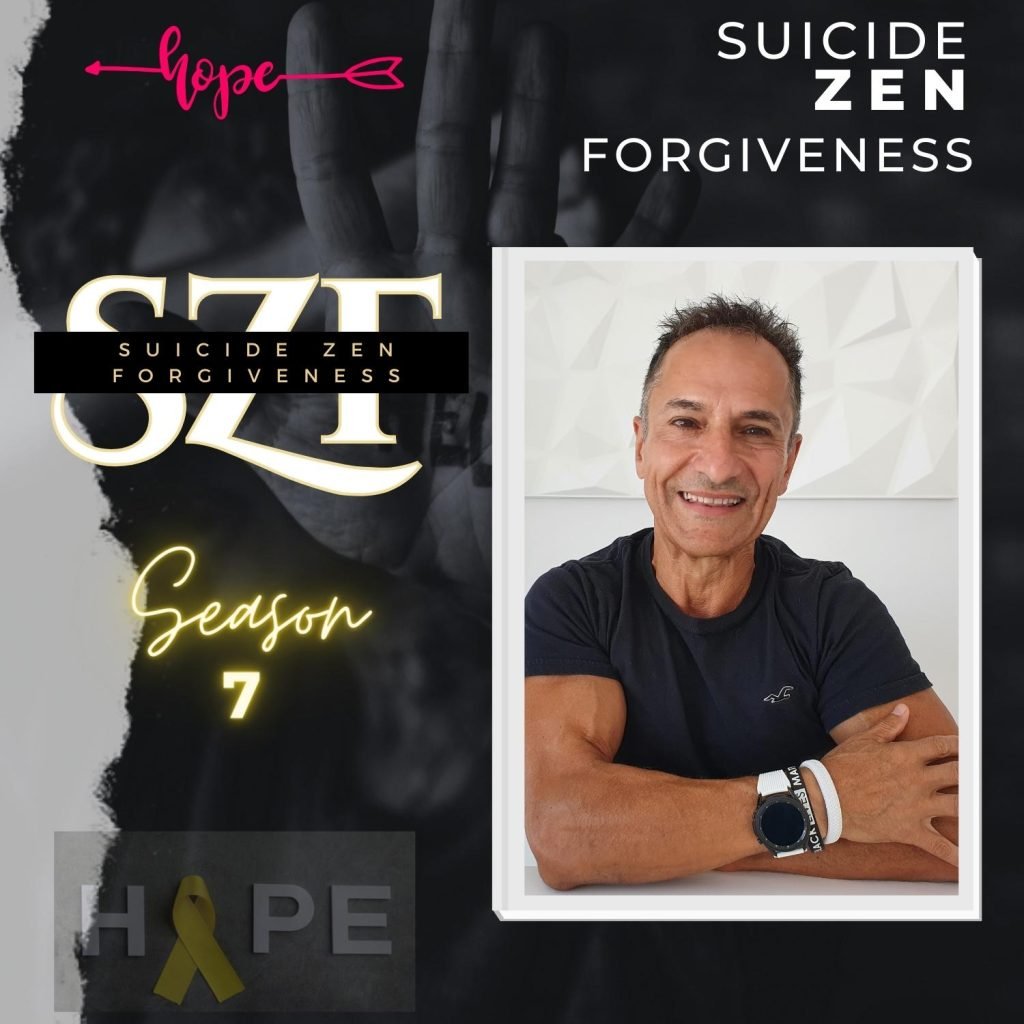
Navigating Fragility and Strength:Conversations on Emotional Health: Thought Leader David Amerland
Navigating Fragility and Strength: Conversations on Emotional Health with David Amerland
In an enlightening and far-reaching conversation on the “Suicide Zen Forgiveness” podcast, Elaine Lindsay sits down with author and thought leader David Amerland to unravel the complexities of mental health, personal growth, and the power of meaningful connections. Amerland, whose prolific writings include works such as “Intentional” and “The Sniper Mind,” delves deep into topics ranging from the impact of childhood experiences on our emotional regulation to the societal implications of our internal struggles.
Bridging Gaps in Understanding Mental Health
The discussion opens with Amerland sharing insight into his latest book, “Intentional,” which marks a significant pivot from his previous work centered around business and technology. This transition embodies a holistic view of life, emphasizing living, loving, working, and playing with purpose and meaning. Lindsay, an advocate for ending the silence around suicide loss and mental health, steers the conversation towards the core mission of the podcast – shedding light on the often veiled topics of suicide and mental health.
A critical point of discussion is the concept of the motivational volitional theory model (MVM), introduced by Roy O’Connor, which offers a framework for understanding the stages leading to suicidal ideation. Amerland elucidates how individuals may transition from experiencing a loss of hope to contemplating suicide as a form of regaining control. This exploration serves as a poignant reminder of the fragility and resilience of the human spirit, and the conversation underscores the importance of hope and connection in navigating life’s darkest moments.
The Quest for Emotional Regulation and Personal Growth
An intriguing aspect of the dialogue revolves around the journey towards emotional regulation and personal growth. Amerland stresses the significance of aligning our actions with our intentions, advocating for authenticity and self-awareness as pathways to a fuller, more integrated life. This resonates deeply with the podcast’s ethos of fostering a sense of understanding and compassion within ourselves and our communities.
Moreover, Amerland and Lindsay discuss the profound impact of our childhood experiences on our adult lives, highlighting how these foundational years shape our emotional landscapes. Through personal anecdotes and reflective insights, they articulate the ongoing process of unravelling these layers to achieve greater emotional stability and well-being.
Future Conversations and The Ongoing Journey
The episode concludes with a commitment to future discussions, acknowledging the vastness of the topics at hand and the continuous nature of personal and societal growth. Lindsay expresses a keen interest in delving deeper into Amerland’s insights, hinting at the potential for a series of enlightening dialogues.
In a world often fragmented by digital interactions and fleeting connections, “Suicide Zen Forgiveness” offers a space for deep, meaningful conversations that challenge us to confront our vulnerabilities, embrace our complexities, and forge stronger, more compassionate bonds with those around us. Through her dialogue with David Amerland, Elaine Lindsay invites us all to partake in this journey of understanding, growth, and intentional living.

